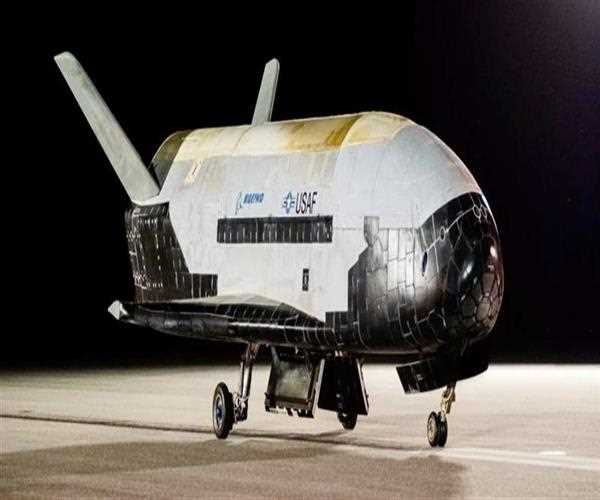
11-Mar-2023
What are space drones and how they are helping in space exploration
Space exploration has always been a fascinating area of interest for humanity. We have sent numerous spacecraft, rovers, and landers to explore different celestial bodies in our solar system. However, with the advent of technology, space exploration is rapidly evolving, and one of the latest developments in this field is the use of space drones. These drones are opening up new possibilities for space exploration, and their potential is only beginning to be realized.
So what are space drones, and how are they helping in space exploration? Space drones, also known as space robots, are unmanned vehicles that operate in space, typically in low Earth orbit or beyond. They are designed to operate in extreme environments, such as the vacuum of space, where human life cannot survive. Space drones are equipped with a range of scientific instruments and cameras that allow them to explore and study celestial bodies such as planets, asteroids, and comets.
One of the main advantages of space drones is their versatility. Unlike rovers or landers, which are designed to operate on the surface of a planet, space drones can fly and maneuver in three dimensions, allowing them to explore hard-to-reach areas that are inaccessible to other spacecraft. For example, NASA's Dragonfly mission will send a space drone to explore Saturn's largest moon, Titan, where it will fly to different locations to study the moon's geology, atmosphere, and potential for life.
Another advantage of space drones is their mobility. Because they can fly and move around in space, they can cover large areas and collect data more efficiently than stationary landers or orbiters. For example, the Mars Helicopter, also known as Ingenuity, is the first space drone to fly on another planet. It was carried to Mars by NASA's Perseverance rover and made its first flight in April 2021. The Mars Helicopter can fly up to a height of 10 meters and cover a distance of up to 300 meters, allowing it to explore areas of the planet that were previously inaccessible.
Space drones are also helping to reduce the cost of space exploration. Traditionally, space missions have been expensive and time-consuming, with spacecraft taking years to design, build, and launch. However, with the use of space drones, it is possible to send smaller and more lightweight spacecraft that can be developed and launched more quickly and at a lower cost. This is particularly important for exploring remote and hard-to-reach locations in space, where traditional missions would be impractical or too expensive.
In addition to their scientific value, space drones also have commercial applications. For example, companies such as SpaceX and Amazon are developing space drones for use in satellite servicing and space tourism. These drones could help to extend the lifespan of satellites by repairing or replacing damaged components, or they could provide a platform for tourists to experience spaceflight without the need for a traditional rocket launch.
Despite their many advantages, space drones also face several challenges. One of the main challenges is the harsh environment of space, which can damage their electronics and components. Additionally, space drones must be able to operate autonomously, as communication delays make it impossible to control them in real-time from Earth. Finally, the limited power supply available in space means that space drones must be energy-efficient and use renewable power sources such as solar panels.
In conclusion, space drones are a promising new technology that is helping to advance our understanding of the universe. They are versatile, mobile, and cost-effective, and they offer new opportunities for exploration and scientific discovery. As space exploration continues to evolve, we can expect to see more space drones being developed and deployed, opening up new frontiers for humanity to explore.

SEO and Content Writer
I am Drishan vig. I used to write blogs, articles, and stories in a way that entices the audience. I assure you that consistency, style, and tone must be met while writing the content. Working with the clients like bfc, varthana, ITC hotels, indusind, mumpa, mollydolly etc. has made me realized that writing content is not enough but doing seo is the first thing for it.
Join Our Newsletter
Subscribe to our newsletter to receive emails about new views posts, releases and updates.
Copyright 2010 - 2026 MindStick Software Pvt. Ltd. All Rights Reserved Privacy Policy | Terms & Conditions | Cookie Policy